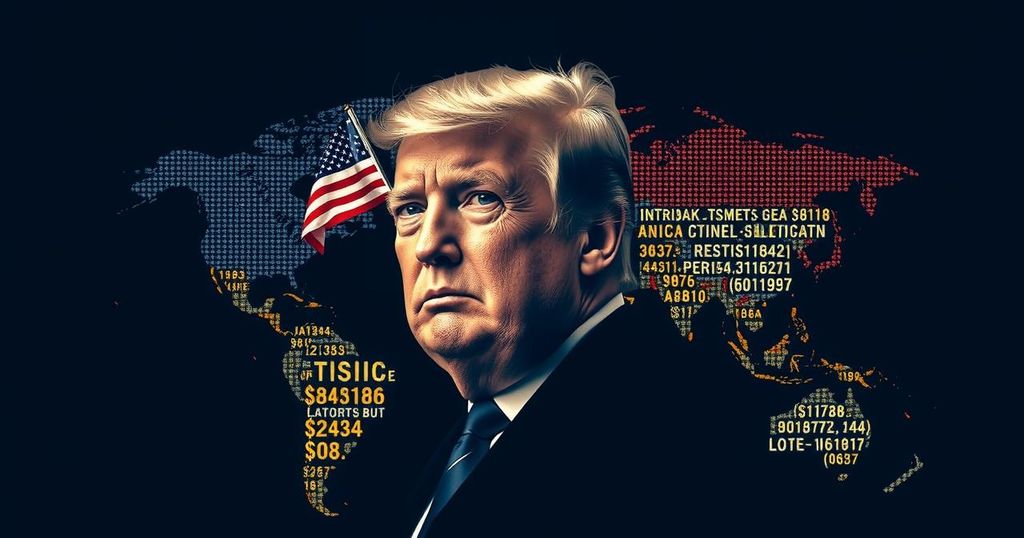Global news
- PACIFIC ECONOMIC COOPERATION, AFRICA, ASIA, ASIA - PACIFIC, BIDEN, BRAZIL, BRICS CONSORTIUM, CHANCAY PORT, CHINA, ECONOMIC COOPERATION, EUROPE/ASIA, FOREIGN POLICY, GEOPOLITICS, INDIA, INTERNATIONAL RELATIONS, JOE BIDEN, KAZAN, LIMA, MEXICO, NORTH AMERICA, PERU, RIO DE JANEIRO, RUSSIA, SOUTH AFRICA, SOUTH AMERICA, TRUMP, UNITED STATES, US, WASHINGTON, XI JINPING
Isaac Bennett
0 Comments
Trump’s Potential Re-election and its Implications for Globalization
Donald Trump’s potential re-election could end the era of US-led globalization, prompting a shift towards globalization 2.0. The G20 faces challenges to its relevance amidst criticisms of its Western-centric focus, while the rise of Brics and China’s Belt and Road Initiative highlights the evolving global landscape and alternatives to US leadership.
The prospect of Donald Trump being re-elected as President of the United States could signify a significant shift away from the era dominated by US-led globalization. As the global community grapples with pressing challenges, there is an imperative to maintain a commitment to open engagement and pursue a new form of global interaction, termed globalization 2.0, independent of American leadership. The recent G20 summit in Rio de Janeiro, attended by global leaders, was overshadowed by the implications of a potential Trump presidency, which raises questions about the future relevance of multilateral institutions like the G20.
Criticism of the G20 has proliferated, particularly regarding its inability to reform a Western-centric world order that fails to reflect contemporary global dynamics. This discontent has led to the rise of alternative platforms, such as Brics, which now includes a broader membership and seeks to promote a more equitable economic environment. The recent Brics summit in Kazan, Russia, reinforced the bloc’s commitment to advancing the interests of the Global South, aiming for a more inclusive global economic framework.
Moreover, China’s initiatives, such as the Belt and Road Initiative, are pivotal in enhancing economic integration within the Asia-Pacific, exemplified by the opening of Chancay Port. This development represents a crucial stride in South-South cooperation and highlights China’s dedication to expanding economic ties beyond traditional Western influence. Conversely, Western analysts express concerns about potential security threats posed by such initiatives, which are increasingly perceived as challenges to the established international order.
The discussion surrounding the potential re-election of Donald Trump focuses on its implications for global governance structures, particularly in relation to US-led globalization. Trump’s previous tenure indicated a marked preference for bilateral over multilateral agreements, thereby undermining the traditional framework of international cooperation. The re-emergence of entities like Brics indicates a shifting balance in global power dynamics, as countries seek platforms that better address their collective interests and priorities. Understanding this shift is crucial for analyzing future global relations and economic strategies.
In conclusion, the prospect of Donald Trump’s re-election raises essential questions about the future of global governance and the viability of the G20 as an effective multilateral platform. As nations increasingly seek alternatives to the predominant Western order, initiatives like those led by Brics and China’s Belt and Road Initiative signal a potential transformation in the global economic landscape. The international community must navigate these changes thoughtfully to foster a more inclusive and equitable system.
Original Source: www.scmp.com




Post Comment